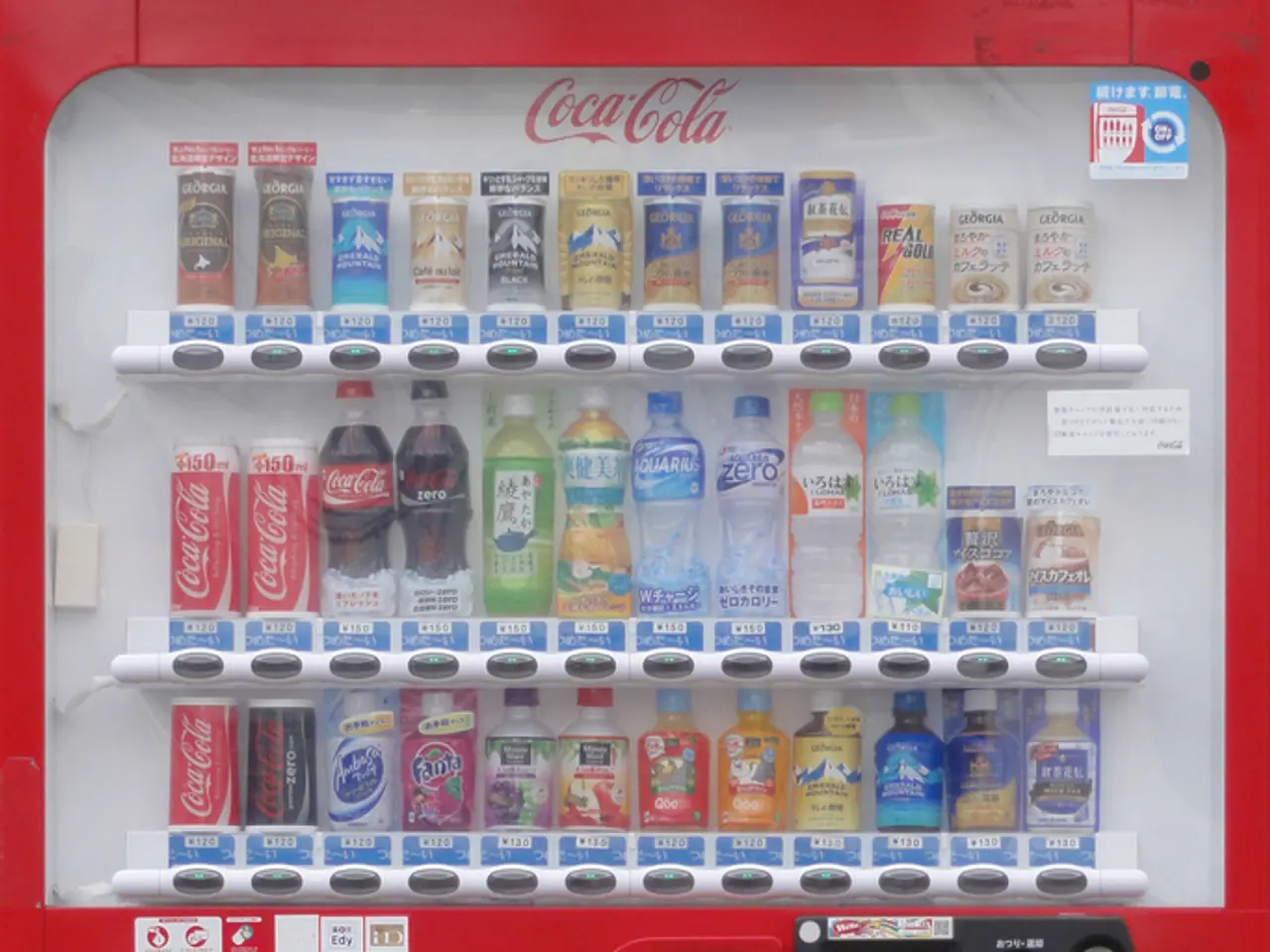Rules for home air conditioning installation in Germany
In Germany, the rules for installing air conditioning units in rented properties are shaped by a combination of tenancy law, building regulations, and sometimes local or property-specific policies.
**General Rules**
Tenants generally require the landlord’s written permission before installing fixed air conditioning units, especially if installation involves structural changes like drilling holes for external units or modifying windows. Any installation that alters the building’s exterior or could impact the façade typically requires approval from the landlord, and sometimes even the local building authority if it affects the building’s appearance or heritage status.
There is increasing pressure from climate protection advocates for better building insulation and renovation to reduce the need for such appliances. Some municipal or federal initiatives may provide recommendations or incentives for passive cooling measures instead of active air conditioning.
Authorities, such as chimney sweeps, warn of risks associated with mobile air conditioning units, especially when gas appliances are in use, as improper installation can disrupt air balance and cause dangerous carbon monoxide build-up.
**Mobile Air Conditioning Units**
Mobile (portable) air conditioners that do not require structural changes—simply plugged into a power outlet and vented via a window—do not usually require landlord approval. However, tenants should check their lease for any specific restrictions. Even with mobile units, tenants are responsible for ensuring safe operation. For example, window venting should not damage the property, and units must not pose fire or carbon monoxide risks.
In some cases, especially in managed or government-associated housing, both fixed and mobile air conditioners may be explicitly prohibited, as seen in certain U.S. Army housing in Germany. Private landlords may also set forth their own restrictions, so lease agreements should always be reviewed.
**Exceptions and Local Variations**
Special circumstances, such as medical necessity (such as a doctor’s note for a resident with severe heat sensitivity), may lead to exceptions, even where air conditioning is generally prohibited. Rented furnished apartments may come with pre-installed air conditioning, but this is not the norm in Germany. Some newer building regulations and Energy Performance Certificates (EPCs) consider indoor air quality and thermal comfort, but these are not legal mandates for private installations by tenants.
**Summary Table**
| Air Conditioning Type | Landlord Permission | Structural Change | Typical Restrictions | Notes | |----------------------|--------------------|-------------------|----------------------|-------| | Fixed (split) | Required | Yes (often) | Common | May require building authority approval | | Mobile (portable) | Generally not | No | Rare, but possible | Check lease for specifics; safety concerns apply[1][3] |
**Key Point**
Mobile air conditioning units are generally permitted in rented homes and apartments in Germany without the need for landlord permission, unless there are explicit restrictions in the lease or building regulations. Fixed units almost always require approval. Safety, energy efficiency, and impact on indoor air quality are important considerations[1][2].
When installing an A/C unit, it’s generally recommended to have the system installed by a professional to reduce the risk of damage to the apartment or building. Make a clear agreement about the removal of the A/C unit when you move out, as tenants in Germany are expected to return apartments in their original condition.
In light of the growing emphasis on eco-friendly lifestyles and sustainable home-and-garden practices, some municipalities or federal initiatives may offer recommendations or incentives for passive cooling measures, such as insulation and shading, as alternatives to active air conditioning.
In certain managed or government-associated housing, both fixed and mobile air conditioning units may be prohibited, which could potentially limit the available options for maintaining a comfortable lifestyle in terms of temperature control.




